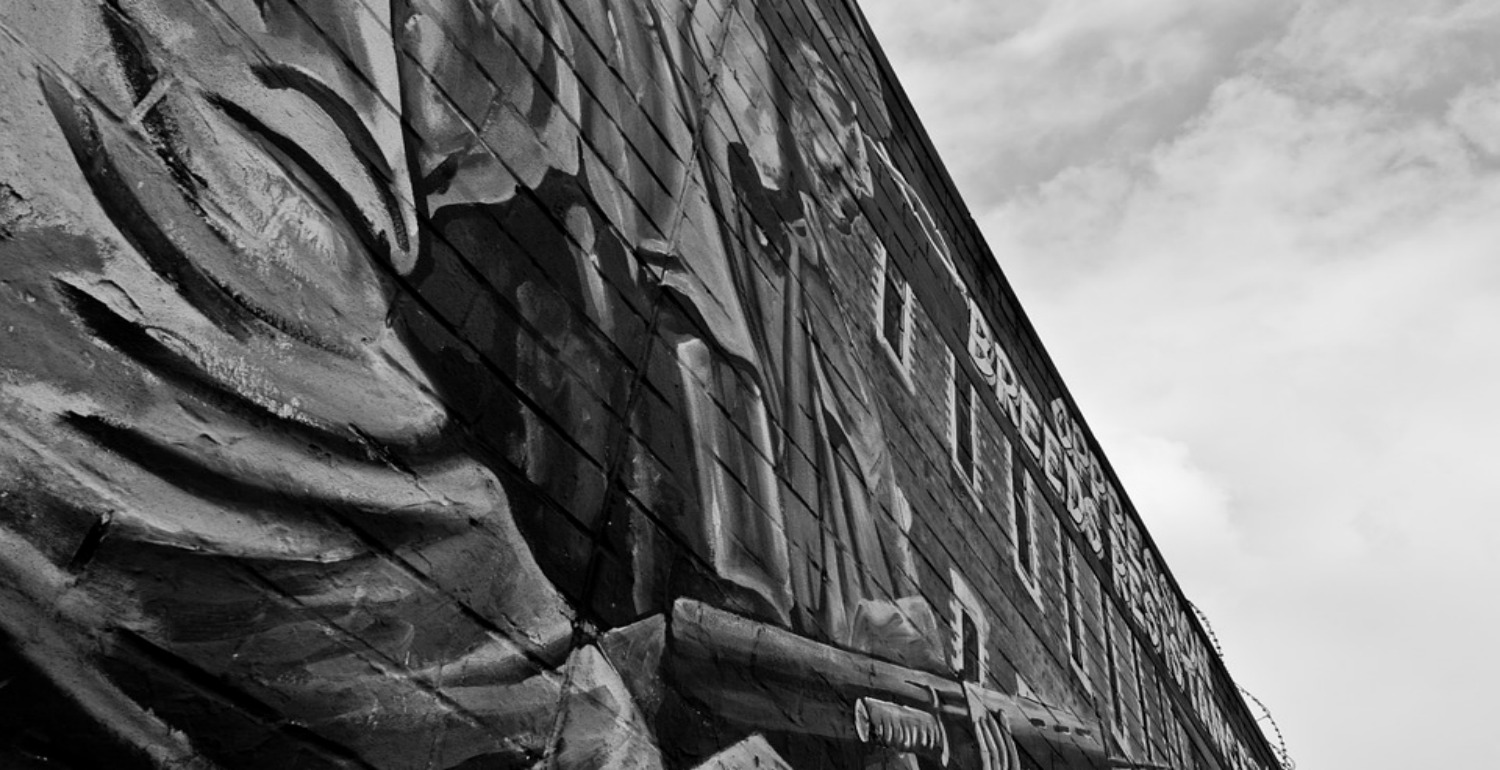This hearing examined ongoing human rights efforts in Northern Ireland, in particular underscoring the importance of police reform for a just and lasting peace in Ulster. Chairman Smith stressed the significance of the British government’s pending decision on the Patten Report, noting that its enactment would be a definitive move towards police reform. One witnesses, Gerald W. Lynch, a professor at John Jay College of Criminal Justice, said, “The Patten report provides a framework on which a police service built on a foundation of human rights can be achieved.” The Commissioners also commended the Good Friday Agreement.
Members
Hon. Christopher Smith
Chairman
Commission on Security and Cooperation in Europe
Hon. Donald Payne
Member of Congress
House of Representatives
Hon. Benjamin Gilman
Chairman
House Committee on International Relations
Witnesses
Harold Hongju Koh
Assistant Secretary for Democracy, Human Rights and Labor
Department of State
Gerald Lynch
President
John Jay College of Criminal Justice, The City University of New York
Brendan O'Leary
Professor
London School of Economics and Political Science
Martin O'Brien
Director
Committee on the Administration of Justice, Belfast
Elisa Massimino
Director, Washington Office
Lawyers Committee for Human Rights
Relevant Issues
Relevant Countries
Leadership

Silenced Dissent: The Plight of Political Prisoners ...
Jun 13, 2024WASHINGTON—Across the globe, individuals continue to be targeted, arrested, and imprisoned for peacefully exercising their rights to freedom of speech, assembly, and association. Persecution on political grounds represents a fundamental […]

Helsinki Commission Advances Human Rights, Demands f...
Oct 19, 2023By Shannon Simrell, Senior Policy Advisor Between October 2-13, 11 Helsinki Commission staff joined approximately 1,400 representatives of OSCE participating States (pS) and civil society representatives in Warsaw, Poland in […]

Vladimir Kara-Murza: Putin’s Personal Prisoner
Sep 20, 2023Stream here: HEARING: Vladimir Kara-Murza: Putin’s Personal Prisoner – YouTube Vladimir Kara-Murza, a father, husband, and a freedom fighter, has been in detention for over five hundred days and is currently […]

Supporting A Democratic and Secure Moldova
Jul 12, 2023In recent years, Moldova has made notable steps to improve its democratic institutions and combat corruption. President Maia Sandu and her Party of Action and Solidarity (PAS) have spearheaded wide-ranging […]
Helsinki Commission Leadership Statement on Georgian...
Mar 06, 2023WASHINGTON—In response to news that the Georgian parliament is considering Russian-style foreign agent legislation, which would have a chilling effect on Georgia’s vibrant civil society, Helsinki Commission Chairman Representative Joe Wilson (SC-2), […]
Helsinki Commission Chair and Co-Chair: Statement on...
Feb 20, 2023WASHINGTON—Following reports of the sharp deterioration of Azerbaijani dissident Bakhtiyar Hajiyev, Helsinki Commission Chairman Rep. Joe Wilson (SC-2) and Co-Chairman Sen. Ben Cardin (MD) issued the following joint statement: “We […]
Helsinki Commission Hearing to Examine Ways to Count...
Mar 30, 2022WASHINGTON—The Commission on Security and Cooperation in Europe, also known as the Helsinki Commission, today announced the following hearing: COUNTERING OLIGARCHS, ENABLERS, AND LAWFARE Wednesday, April 6, 2022 2:30 p.m. […]

Conflict of Interest?
Feb 16, 2022Turkey is at a crossroads. Even as the Turkish Government insists that it remains committed to its NATO partners and to future EU integration, its actions—both foreign and domestic—call those […]
Helsinki Commission Briefing to Examine Intersection...
Feb 10, 2022WASHINGTON—The Commission on Security and Cooperation in Europe, also known as the Helsinki Commission, today announced the following online briefing: CONFLICT OF INTEREST? Foreign Policy and Human Rights in Turkey […]
Helsinki Commission Marks One-Year Anniversary of Na...
Jan 14, 2022WASHINGTON—Ahead of the one-year anniversary of Alexei Navalny’s arrest on January 17, Helsinki Commission Chairman Sen. Ben Cardin (MD), Co-Chairman Rep. Steve Cohen (TN-09), Ranking Member Sen. Roger Wicker (MS), […]

Helsinki Commission Cautions Russia Against Dissolvi...
Dec 21, 2021WASHINGTON—As the latest court proceedings conclude for Russian human rights group Memorial International, U.S. Helsinki Commission Chairman Sen. Ben Cardin (MD), Co-Chairman Rep. Steve Cohen (TN-09), Ranking Member Sen. Roger Wicker […]
Chairman Cardin Calls for Release of Osman Kavala, W...
Dec 03, 2021WASHINGTON—Following the recent ruling of a Turkish court that will keep philanthropist Osman Kavala jailed until his trial begins in January 2022 and the subsequent decision by the Council of […]


